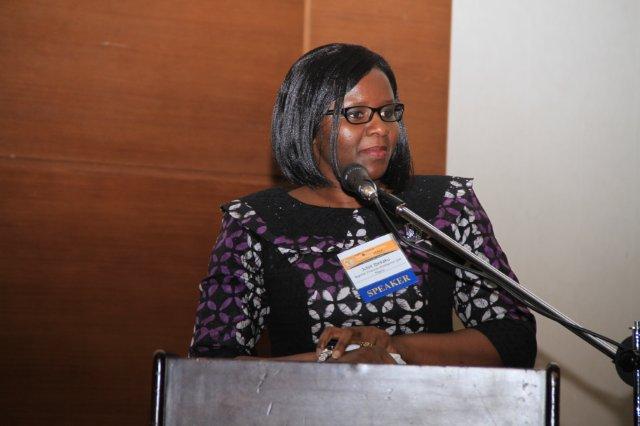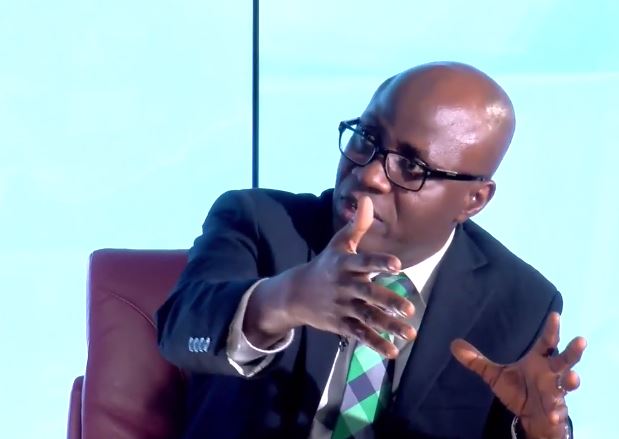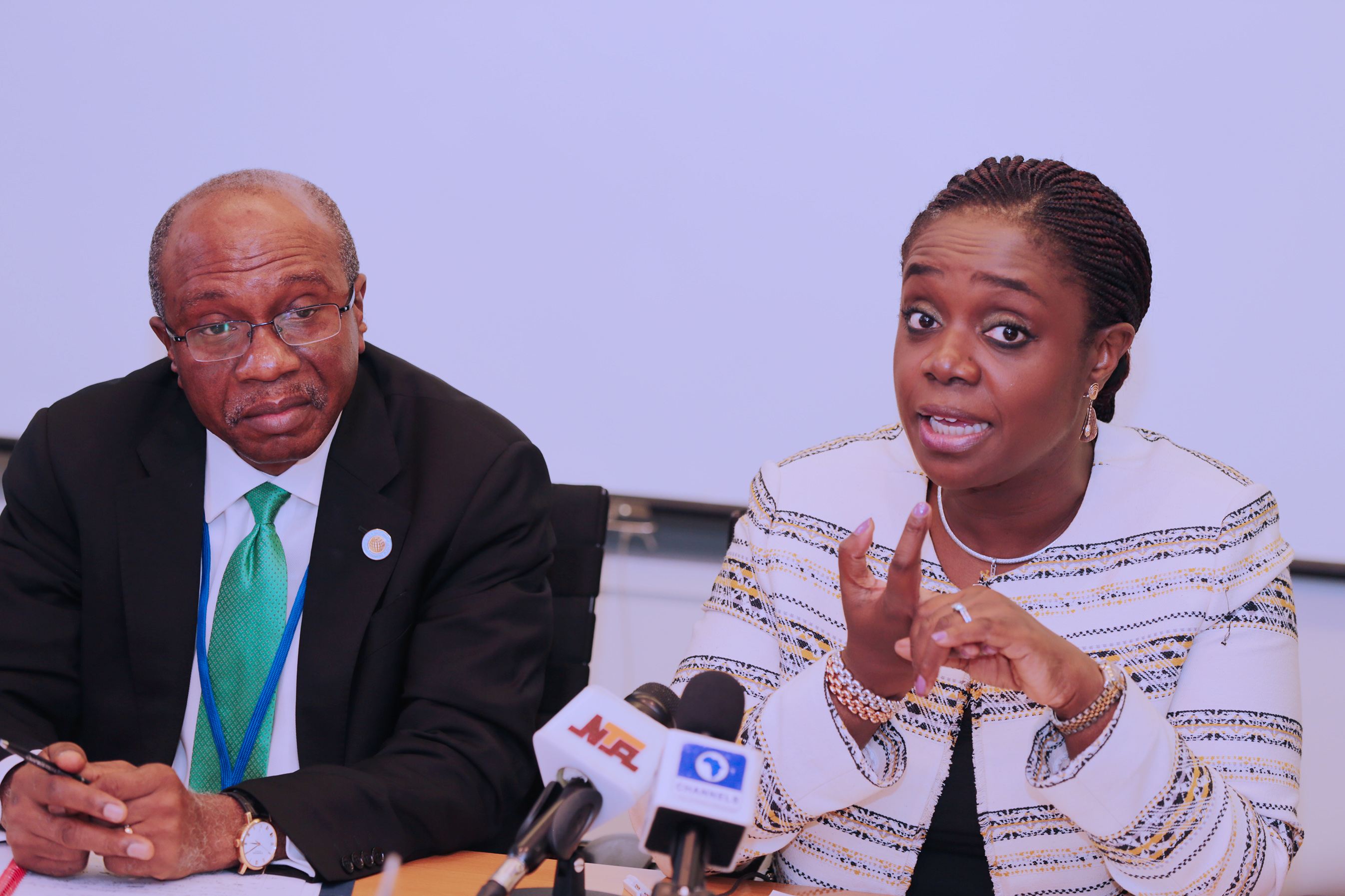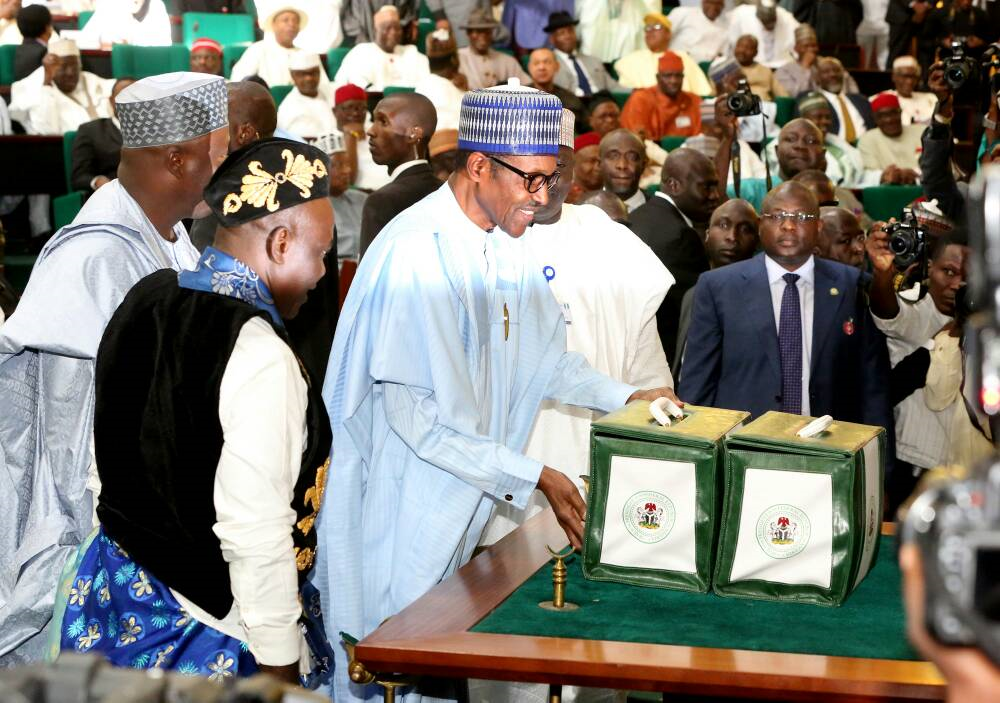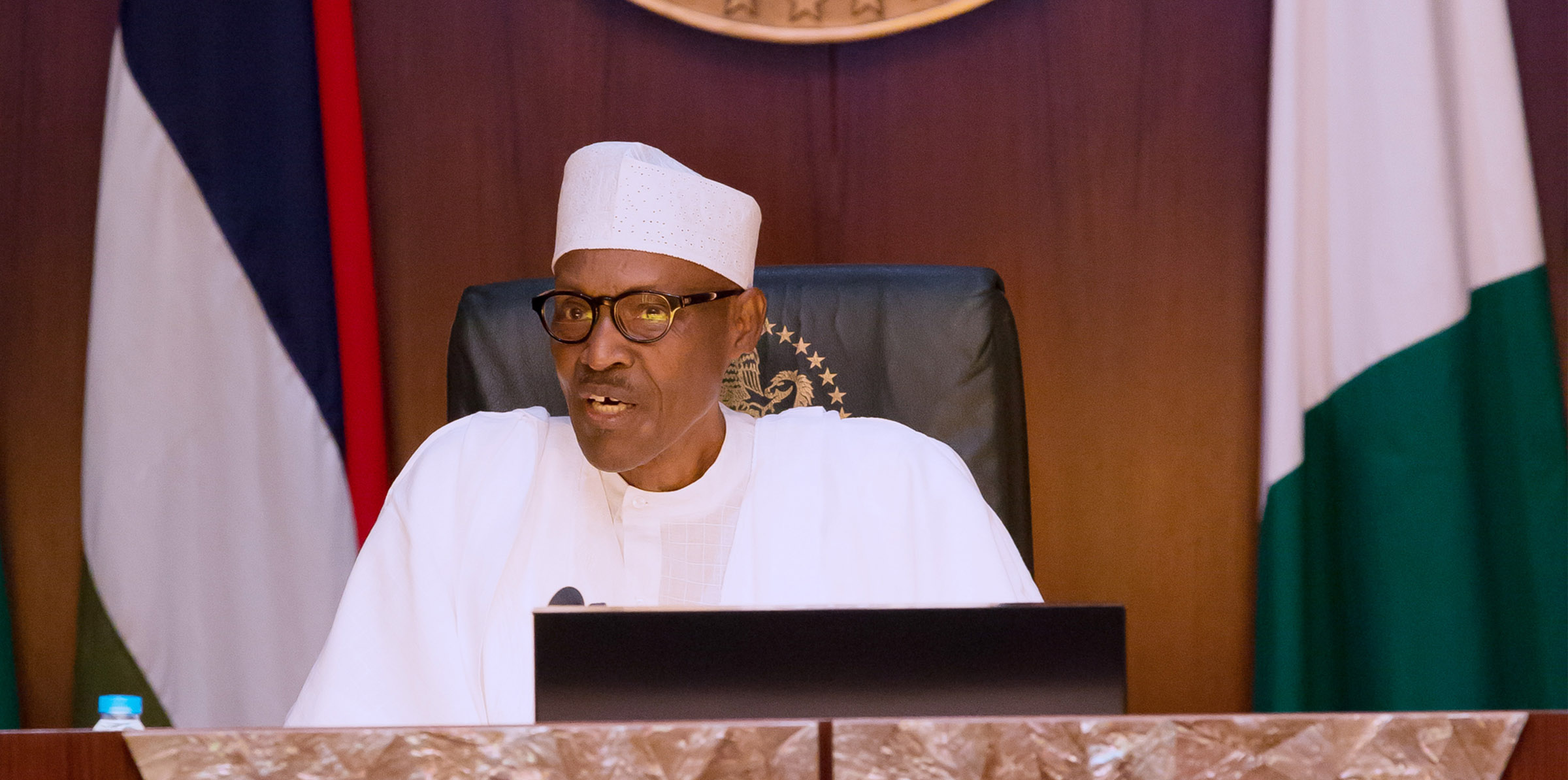Juliet Ibekaku, senior special assistant to the president on justice reform, says in December, the federal government would sign a memorandum of understanding (MoU) that would lead to the recovery of $321 million from Switzerland.
Ibekaku said this while speaking at an anti-corruption programme organised by the Centre for Democracy Development (CDD), Open Society Initiative for West Africa (OSIWA) and Department for International Development (DFID).
She advised civil society organisations (CSOs) to engage the national assembly on the need to pass a legislative framework.
Ibekaku said laws such as proceeds of crime bill, money laundering prohibition bill among other proposed legislation have been at the national assembly for about two years now.
Advertisement
“We need the CSOs, the media to engage the national assembly on why it will take two years to pass a legislative framework,” Ibekaku said.
“We know the senate is doing all it can but some of the challenges we are having now is with the house of representatives.”
She said President Muhammadu Buhari would decide to sign the Nigerian Financial Intelligence Agency bill when it gets to him.
Advertisement
Ibekaku also said the prosecution of corruption cases have not been very successful because of lack of “proper investigation”.
“As we speak today, the AGF is talking to the National Judicial Institute to get them to work with the executive,” she said.
“We have developed a prosecutors’ code and we are making sure that they (prosecutors) go by it in court.”
Speaking on the allegations levelled against Ibrahim Magu, acting chairman of the Economic and Financial Crimes Commission (EFCC), and Ibrahim Idris, inspector-general of police (IGP), Ibekaku said: “You cannot sanction outside the law”.
Advertisement
“The laws are not addressing all the issues and this is why we have sent bills to the national assembly,” she said.
Idayat Hassan, director of CDD, said the idea of using looted funds to fund the budget is a welcome idea.
“I think it is a welcome idea that it (looted funds) is actually used to fund the budget as against the idea of Nigeria borrowing for instance for us to continue to hear Nigeria has recovered millions, billions of dollars, naira,” Hassan said.
“Importantly why do we need to borrow, we keep borrowing and borrowing, so funding it (budget) with it, I think it is welcomed.”
Advertisement
Add a comment

